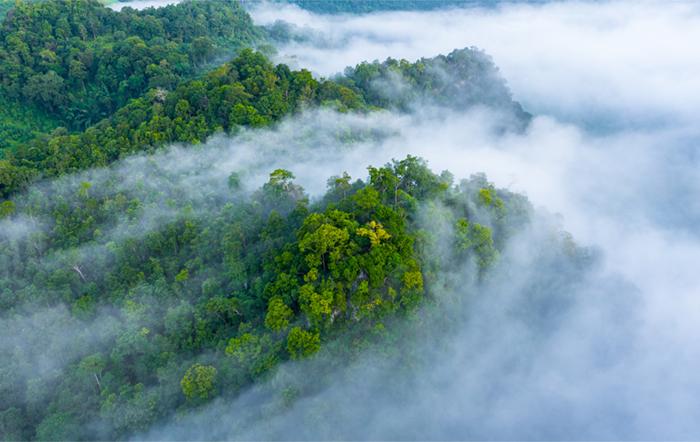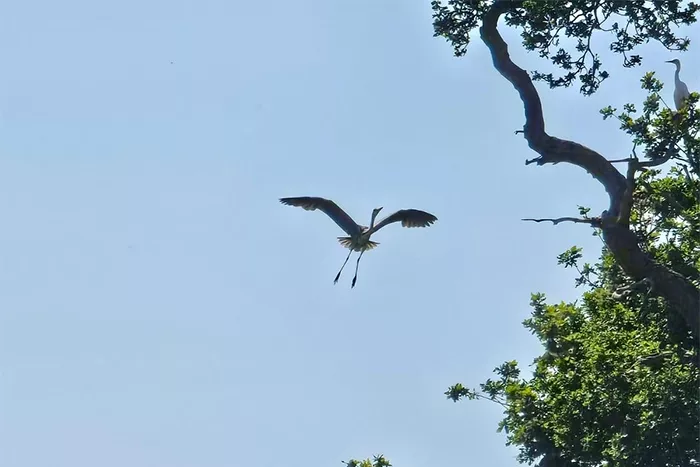Tabina Manzoor, a Kashmiri student, researcher, and environmentalist currently pursuing an MSc in Water Science, Policy, and Management at SoGE, served as a student co-moderator at Oxford’s recently concluded Right Here Right Now Global Climate Summit, where she also gave an opening address at the Sheldonian Theatre.
News
Climate change: Answers to common questions
Investors often fail to appreciate the sheer weight of scientific evidence attesting to humanity's impact on the planet. This report - prepared by Moritz Schwarz and Cameron Hepburn, and sponsored by Pictet Asset Management - gives a brief but firm grounding on the current state of knowledge about climate change, its implications and what sort of solutions might be possible.

ECI supports Youth-led Mock COP26
Reuters: In place of the delayed COP26 UN climate summit youth representatives from 142 countries met virtually to consider potential climate solutions. ECI's involvement as an official partner was led by DPhil student Bill Finnegan, with special thanks to Bernard Soubry, James Dixon, Saher Hasnain, Fredi Otto, Lisa Schipper and Cecile Girardin who created explainer videos for the delegates. [Videos here: bit.ly/38mqSDA]

Electricity Access for All
How can we sustainably electrify parts of the world that don't currently have access to clean and reliable energy? How can we improve Sierra Leone's energy sector, so that its capital, Freetown, no longer has an average of 53 blackouts a day? These are just two questions being tackled by Oxford researchers Susann Stritzke (Smith School) and Hindolo George-Williams. Learn more in this feature from Oxford Sparks.

How can we create a greener future?
As UK citizens, should we all be doing more to make our money matter? Writing in the Telegraph, Ben Caldecott, Director of Oxford's Sustainable Finance Programme, encourages individuals to invest in companies that can prove their environmental credentials. "Getting our capital to speed up the transition to environmental sustainability is a key lever and one of the most important ones we have."

Oxford contributes to UK's Sixth Carbon Budget
Today the UK's Committee on Climate Change released its Sixth Carbon Budget: The UK's path to Net Zero. The report includes substantive contributions from Cameron Hepburn, Chair of the CCC's Policy Advisory Group Ben Caldecott, member of the CCC's Finance Advisory Group, and the CREDS UK team, led by Nick Eyre. [Covered extensively by UK media]

Oxford convenes Race to Net Zero Dialogues
Oxford Net Zero, the Smith School of Enterprise and the Environment, the Said Business School and partners including the Resilient 40 joined forces to host four events as part of Race to Zero campaign, led by the UN's High-Level Climate Champions. The dialogues enabled youth to set the agenda on three key topics - energy, transport and food - and enter into dialogue with industry leaders including Nestlé, Daimler and Shell.

Rebound in carbon emissions expected in 2021 after fall caused by Covid
According to the Global Carbon Budget report, global carbon emissions fell by a record 7% in 2020, writes the Guardian. However, scientists warn that this temporary decline is a 'drop in the ocean' compared to necessary long term reductions. With comment from Cameron Hepburn. [Also covered by Forbes]

Oxford's first Youth Climate Summit discussed city's role in climate change
Young climate activists joined councillors, MPs and scientific advisors - including Myles Allen and Nick Eyre, both professors at the Environmental Change Institute - to debate topics including buildings, renewable energy and climate injustice.

Oxford's new chief scientific adviser lays out city's path to zero carbon
The impacts of climate change are already being felt in Oxford, particularly with increased flooding, writes Nick Eyre in the Oxford Mail. He proposes a way forward, highlighting the importance of energy efficiency and clean energy. Carbon dioxide emissions have to be reduced, starting now and eventually to zero. Oxford can be a leader in this space by 'thinking globally, acting locally'.

Students push for university climate change divestments
The Financial Times explores the fossil fuel divestment movement, highlighting the University of Oxford's approach which couples divestment with engagement activities to curb the use of dirty energy. Kaya Axelsson, policy engagement fellow with Oxford Net Zero, explains the model, which includes the requirement for all businesses within Oxford's portfolio to have a credible net-zero carbon strategy.








